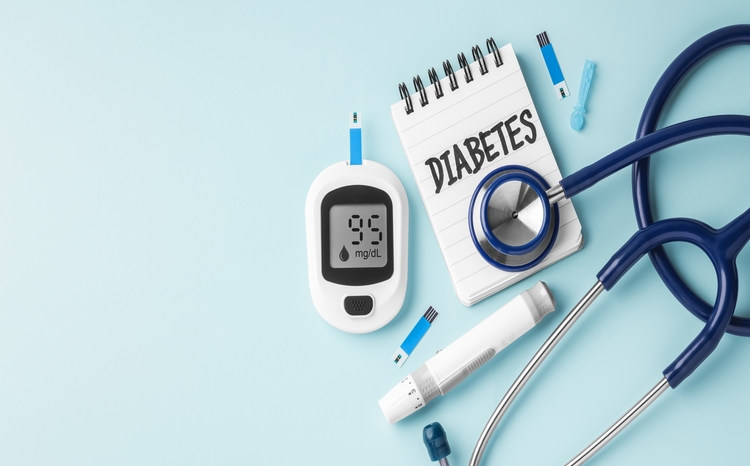Telemedicine supports patients on warfarin
- 15 September 2008
A clinical study has shown that telemedicine can be used to effectively support patients in the self-management of oral anticoagulation therapy. The study of 1,300 patients showed that one year of telemonitoring led to good results and increased patient self-confidence.
Patients on oral anticoagulation therapy with warfarin need to regularly check their INR levels to avoid dangerous over or under-dosing with the drug. They can do this in two ways. Either they can do the INR checks themselves, or they can go to the doctor for the checks, which usually have to be conducted once a week.
“Patients on an INR self management perform far better than those who visit a doctor for INR-measurements,” said Dr. Heinrich Körtke, head of the Institute for Applied Telemedicine (IFAT) of Bad Oeynhausen Heart and Diabetes Center in Düsseldorf.
This means that doctors try to persuade as many patients as possible of the merits of self management. But not all patients have the confidence to do so.
“This is where telemedicine comes into play,” said Körtke, talking to E-Health-Europe about the results of his study, which compared patients on anticoagulation self management with those on a telemedicine scheme.
The telemedicine patients did the INR measurements at home and then transmitted the INR values via their mobile phone to a web-based personal health record. The results were checked by the experts at IFAT. If any change in warfarin dosage was necessary, the experts contacted the patient and told them what to do.
“The result was that, in both groups, more than 80% of patients reached a stable INR. This means that telemedical support is as effective as the gold standard, which is INR self management,” said Körtke.
Körtke underlined that the study also showed that patients gained self-confidence when being assisted by telemedicine. Many patients found that after a year of telemedicine support, they no longer needed such assistance in keeping INR stable. “So a one year telemedicine programme should make INR self management a feasible and safe option for far more patients.”
Körtke is now planning to offer telemedicine for patients on warfarin Germany-wide in cooperation with doctors in private practice. The doctors choose patients who might be suitable for self management and enrol them for a one year telemedicine support programme at IFAT. After that, the patients continue the INR measurements and dose adjustments for themselves.
What is still needed is a reimbursement scheme. But Körtke thinks he can reach an agreement with major health insurance companies in due course. Such agreements already exist for the telemonitoring of patients with heart failure. So there is a blueprint for the negotiations. “I am very optimistic”, said Körtke.
Link: IFAT




